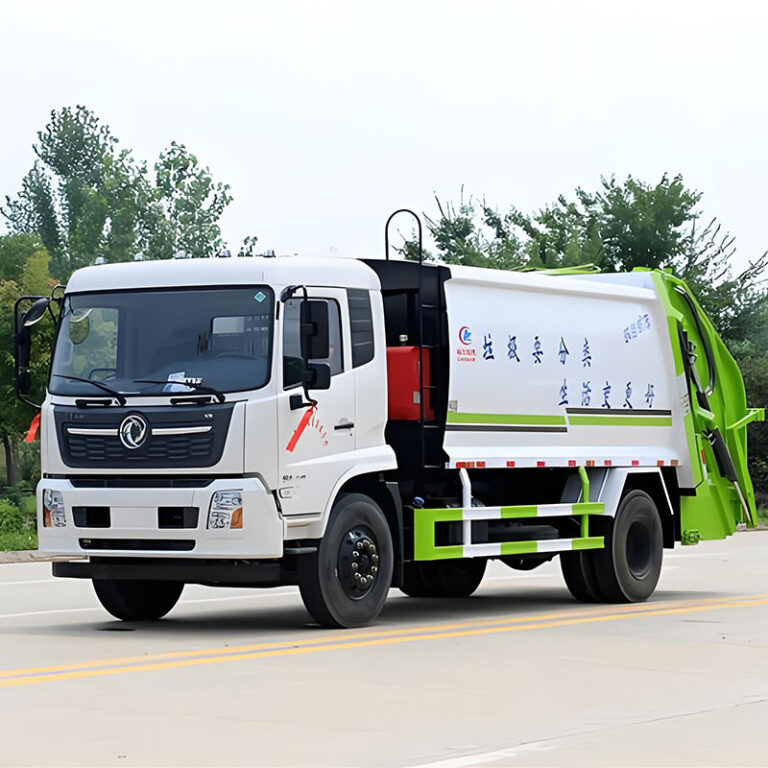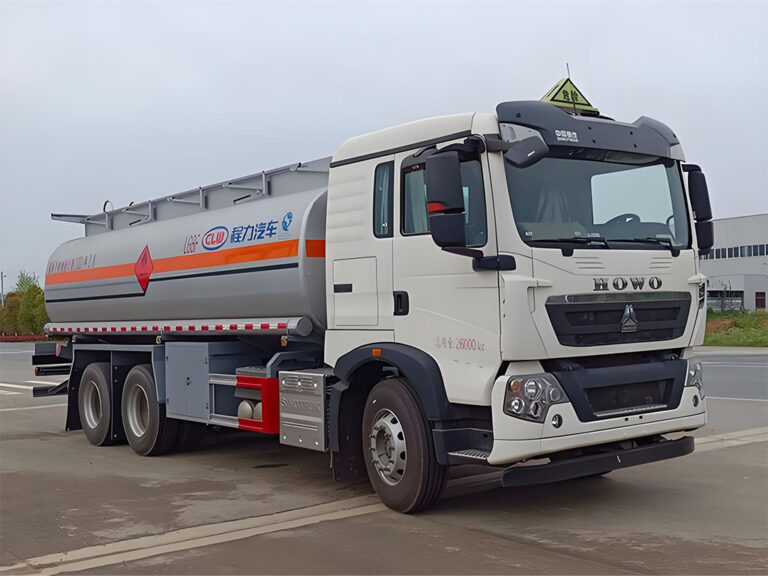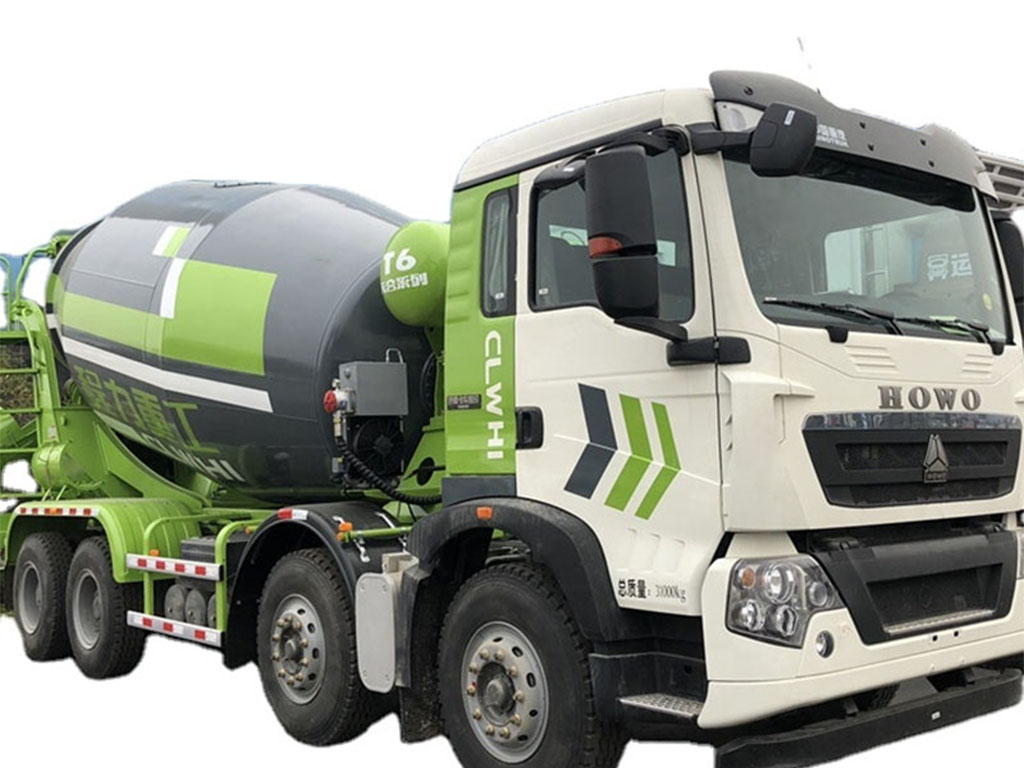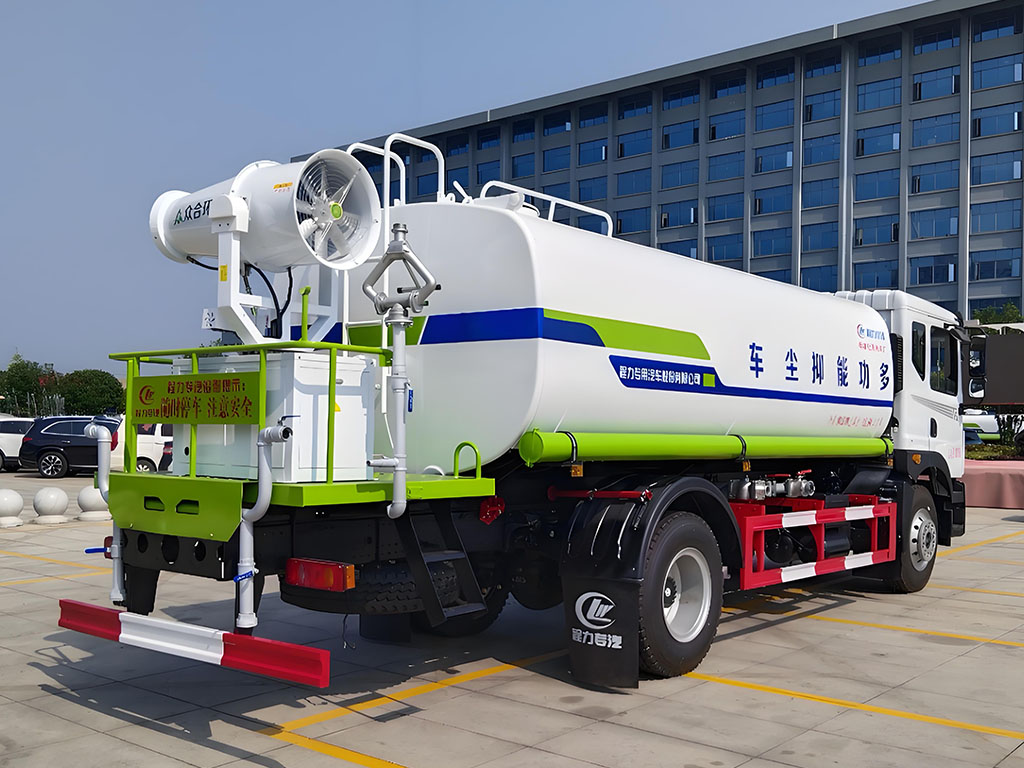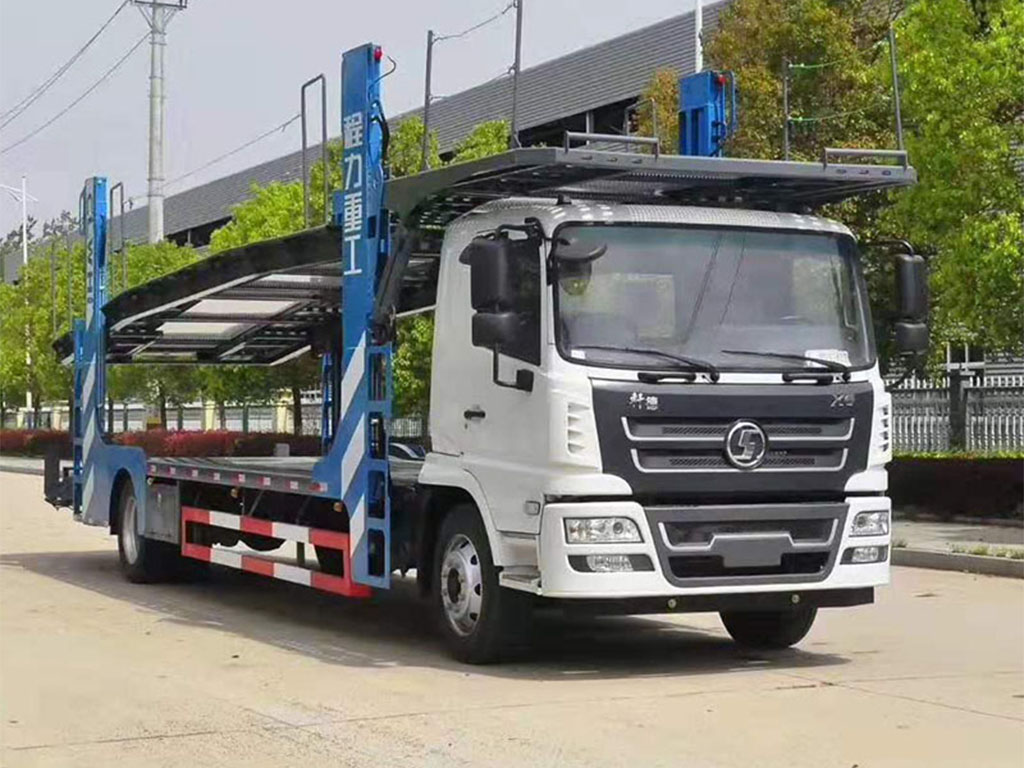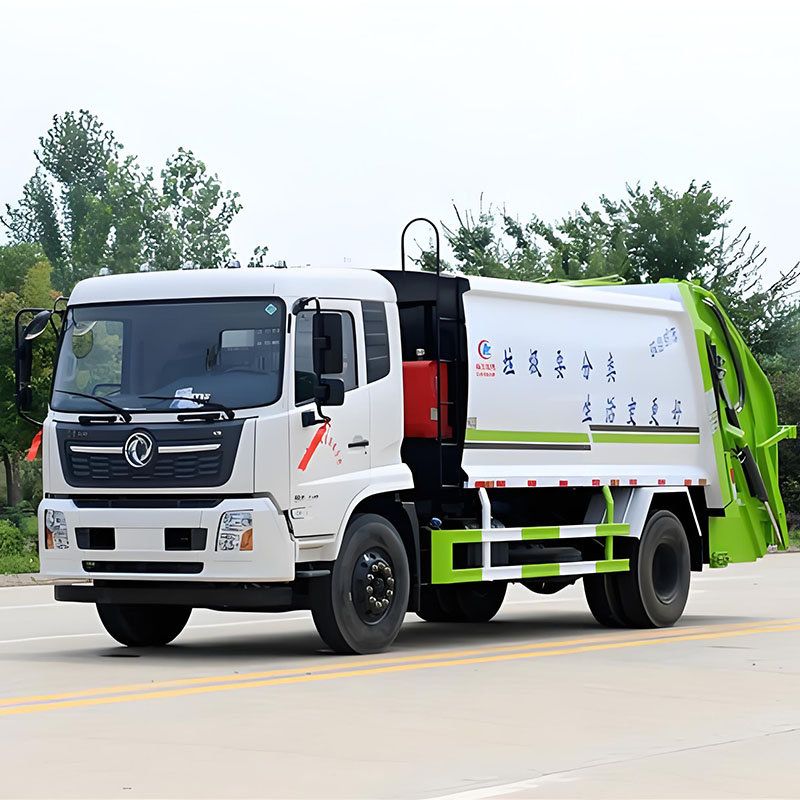-
Chengli Automobile Industry Park, Suizhou, Hubei, China
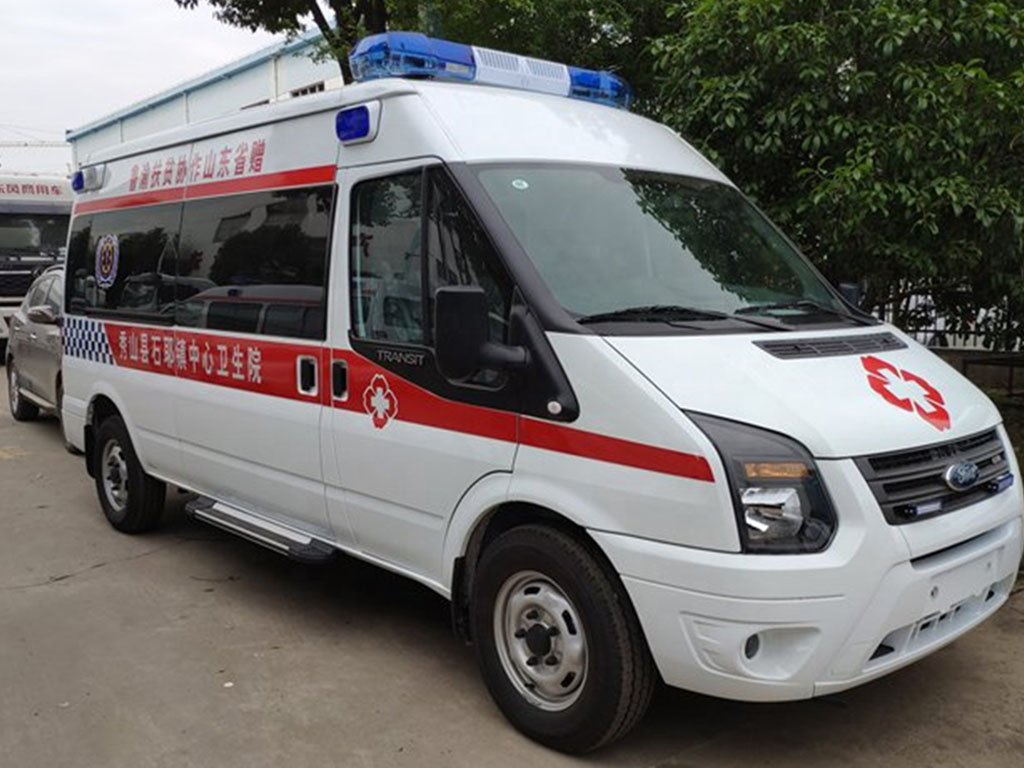
Why Reliability Matters in Ambulance Support Solutions
13.1Reference
Introduction
It matters a lot when you need help fast. Imagine an ambulance on its way to help you or someone you love. The ambulance, the people inside it, and all their ambulance support solutions must work. If something is not reliable, people can get hurt.
I will tell you why reliability is so important for ambulance services, what happens when things go wrong, and how smart choices protect lives. At the end, you’ll also see why CLW GROUP can help everyone stay safe and happy.
The Problem: When Reliability Fails
Let’s start by looking at what happens when reliability is missing.
How Unreliability Hurts People
Think about a time when someone had a heart problem, was in a car crash, or could not breathe. Every second matters. If the ambulance is delayed or broken, it takes longer to help. If medical equipment stops working, someone’s life is in danger. If data can’t be sent to the hospital, doctors might not know how to help right away.
Here are some big problems:
- Slower response times
- Medical equipment like a defibrillator does not work
- Communication system between the ambulance and dispatch center has failure
- Electronic patient care records (ePCR) get lost or can’t be read
- Ambulance crew is stressed because nothing works
When one thing fails, problems grow fast.
Data Table: How Reliability Impacts Ambulance Support
| What Goes Wrong | What Happens | Who Gets Hurt |
|---|---|---|
| Ambulance breaks down | Late to emergencies | Patients, Crews |
| Paramedic equipment fails | Care is delayed or not given | Patients |
| Dispatch software crashes | No one sent to help right away | Everyone |
| No GPS tracking | Ambulance gets lost | Patients, Hospitals |
| MDT stops working | Wrong information given | Paramedics, Dispatchers |
References: See studies in National Highway Traffic Safety Administration (NHTSA) and CAAS.
Agitate: The Real Cost of Unreliability
Now, let’s make this picture even clearer.
The Human Cost
When someone needs help, every minute matters. If the ambulance is late by even one minute, the chance to save a person during a heart or brain emergency drops. Equipment like a ventilator or defibrillator must work every time. If these fail, a person might not make it to the hospital.
Chart: Survival Rate vs. Response Time Delay
Survival Rate (%)
100 | * *
90 | * *
80 | * *
70 | * *
60 | * *
50 | * *
40 | *
----------------------------------------
0 1 2 3 4 (Minutes Delayed)
For every minute lost, survival drops fast.
More Than Just People
Unreliable ambulance support solutions also cost money. When things break, you spend more to fix them. Work stops while people wait for help. If the ambulance is not ready, it must stay in the shop. Wasted time, wasted money, and sometimes, lawsuits.
List: The Hidden Costs of Unreliability
- Expensive repairs needed right away
- Extra backup equipment must be bought
- Extra staff time to fix problems
- Bad publicity if someone is not helped on time
- Stress for ambulance crews and dispatchers who must work harder
Operational and Financial Fallout Table
| Problem | Cost To Agency | Extra Work | Risk |
|---|---|---|---|
| Breakdown | High repair bill | More overtime | Missed calls |
| Equipment failure | Buy/rent backup | Manual work | Lawsuits |
| Dispatch failure | Lost efficiency | Phone calls | Lost patients |
| Lost ePCR data | Billing issues | Paper forms | Bad records |
Solution: What Makes Reliability in Ambulance Support Solutions?
CLW GROUP knows how important it is to be reliable. So, let’s see what we do to keep your ambulance and your team ready.
Key Parts of Reliability
1. Technology That Works
- Strong dispatch software so calls never get missed
- ePCR that keeps patient care records safe and easy
- Mobile Data Terminals (MDT) that work all the time
- Radio and communication systems with backups
2. Fleet and Equipment Ready Every Day
- Preventive maintenance programs
- Fast vehicle repairs
- Durable medical devices
3. Communication Always On
- Redundant connectivity so you are never cut off
- Clear, consistent communication protocols
4. Data Is Safe
- Accurate, secure data for every patient
- Easy and fast data sharing with hospitals
5. Help When You Need It
- Strong service level agreements (SLAs)
- 24/7 technical support
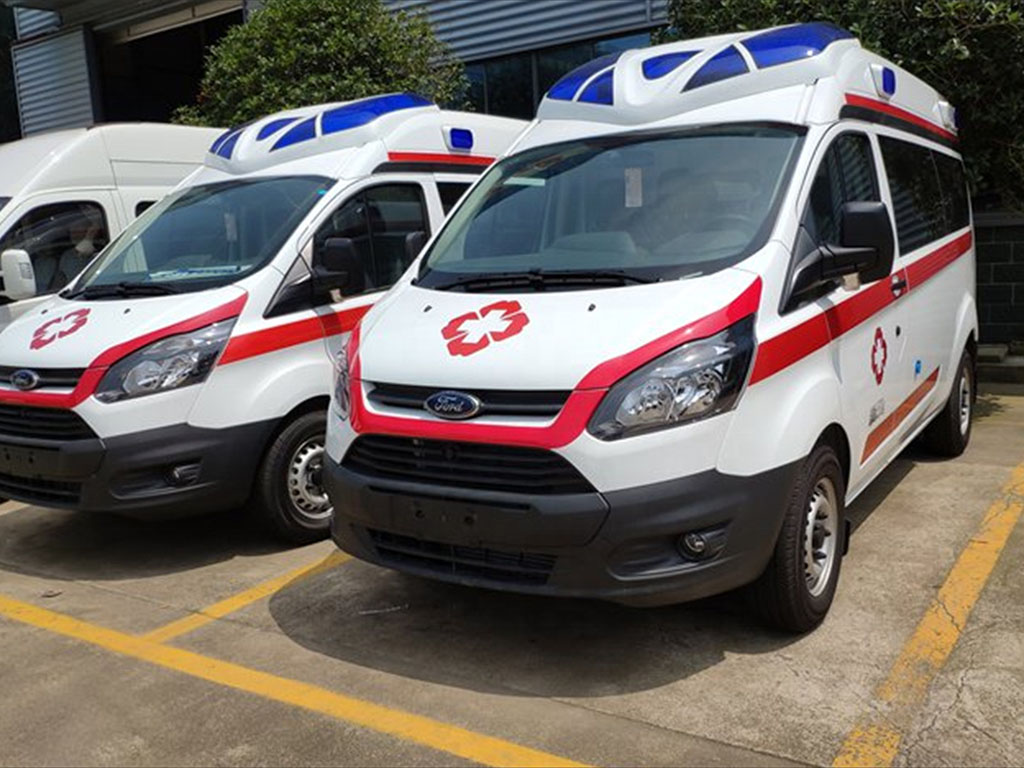
Chart: What Impacts Reliability?
| Support Element | Good | Bad |
|---|---|---|
| Vehicle Maintenance (EMS) | Always serviced, never breaks | Skipped, breaks down |
| Medical Equipment Uptime | Always ready, tested | Old, fails in crisis |
| Dispatch Reliability | Never down, quick calls | Crashes, delays |
| Data Security | Safe, backed-up, never lost | Lost, hacked |
| Training | Crews know what to do | Crews unsure |
How CLW GROUP Solves Reliability Problems
We at CLW GROUP don’t just fix vehicles. We help save lives. Here’s how we help you.
PAS Framework
Problem
Your ambulance service can’t afford failure. You worry about your fleet, your crew, and your reputation.
Agitate
A broken ambulance or failed equipment can mean a life is lost. Imagine the stress for your team. Think about the pain for families waiting for help, or the cost to your business if problems are not solved. You lose time, money, and trust.
Solution
CLW GROUP gives you customized production, quick vehicle delivery, and fast after-sales service. We support you with technical consulting so your fleet is always dependable. Our vehicles are built to last. We use preventive maintenance and robust fleet management to keep you ready every day. You can focus on care—we handle the rest.
How to Build a Reliable Support System
Let’s show how you can make your ambulance support solutions even stronger.
1. Invest in Quality
Don’t buy cheap. Choose purpose-built vehicles and medical equipment that have been tested for EMS reliability.
2. Schedule Preventive Maintenance
Keep a maintenance calendar. Regular checks stop big problems before they start.
3. Train Your People
Make sure your team knows how to use every tool. Practice fixes for small problems.
4. Use Clear Protocols
Have simple plans if something goes wrong. Know how to handle downtime or failure fast.
5. Work With Trustworthy Vendors
Pick partners with good records and service level agreements. Ask for proof of system reliability.
6. Test and Monitor
Check your systems often. Use performance monitoring to catch issues early.
Internal Links: Learn More About Our Custom Trucks
Visit our special trucks factory to see how we work hard to ensure all vehicles—from ambulance to water tank truck and cement mix truck—are made to last. Our aluminum truck flatbed solutions are built tough. Got a big haul or a special transport? We even offer auto transport services with full support.
Case Study: The Problem with a Broken System
Let’s imagine EMS Agency X during a big car accident. The dispatch system crashes. Crews must use phones and paper. Response is delayed. One ambulance gets lost—no GPS tracking. A paramedic can’t send data to the hospital.
What happens?
- 15 calls delayed
- One critical patient transfer is missed
- Crews are stressed and make mistakes
- Media blames the agency
Now, CLW GROUP steps in. We provide new, reliable vehicles, better communication systems, and technical support. Things get fixed fast. No more lost calls. Crews feel calm. More lives are saved.
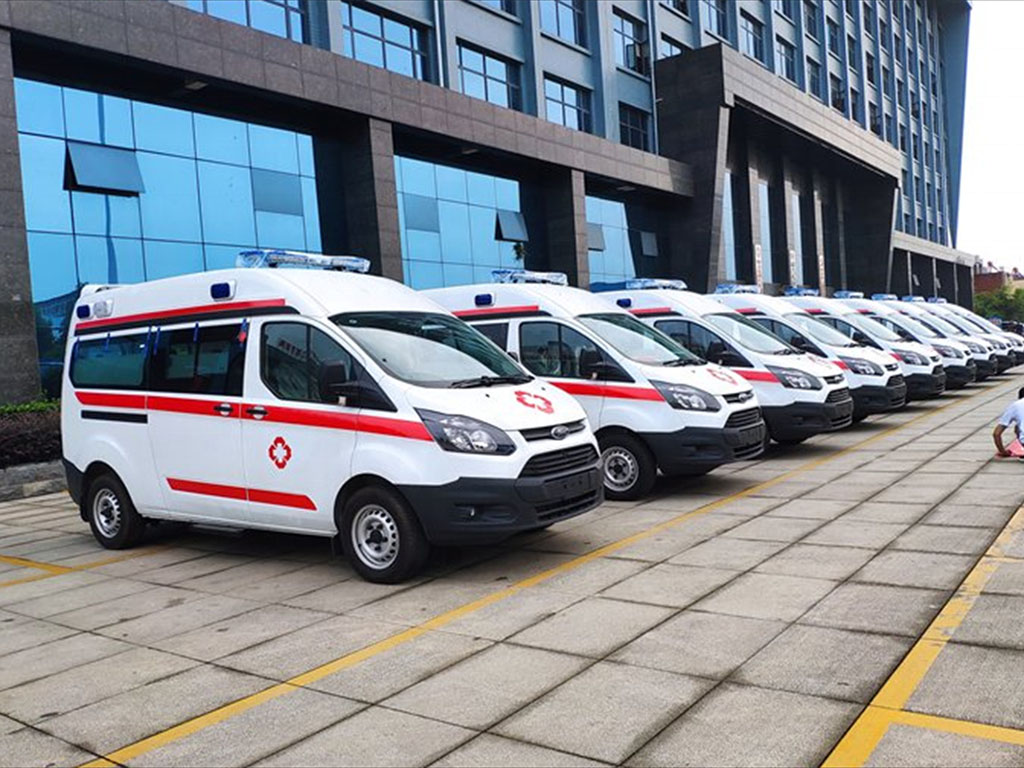
Table: How Reliability Affects Everything
| Metric | If Reliable | If Not Reliable |
|---|---|---|
| Response Time | Fast | Slow |
| Equipment Uptime | Always works | Fails often |
| Fleet Management | Smooth, organized | Confused, delayed |
| Patient Care | Best outcome | Risk of harm |
| Staff Morale | Calm, focused | Stressed, tired |
| Legal/Reputation | Great reputation | Lawsuits, bad press |
| Costs | Lower | Higher, wasteful |
Simple Checklist for Reliability
- Do your ambulance support solutions work every time?
- Are your vehicles and equipment checked often?
- Is your data safe, secure, and easy to find?
- Can your team talk to each other and the hospital?
- Do you have a plan for problems?
If you said NO to any of these, you need help.
CLW GROUP’s Promise
We build and deliver the best. Our ambulance and support vehicles are tested and made for tough jobs. We help you with:
- Custom-made vehicles
- Fast delivery
- Full after-sales service
- Expert technical support
- Fleet management that works
Your team gets what it needs. Your ambulance service stays ready. Your patients can trust you.
Let’s See the Numbers: Reliability by the Data
Table: Costs of Being Unreliable vs. Reliable
| Cost Type | Unreliable System | Reliable System |
|---|---|---|
| Repair Bills | High | Low |
| Downtime Per Year (Days) | Many | Few |
| Response Times (Minutes) | Long | Short |
| Equipment Failure Rate (%) | High | Very low |
| Staff Overtime | Lots | Little |
| Patient Outcomes | Many harmed | Most are helped |
Source: EMS industry reports, NHTSA, CAAS.
Pie Chart: What Causes Equipment Failure?
- Poor Maintenance: 40%
- Technical Issues: 35%
- User Error: 15%
- Other: 10%
Most problems can be fixed with good planning and strong partners.
Final Words: Reliability Saves Lives
You need to know your ambulance and support solutions will always work. Reliability is not just a feature. It is the heart of your service. CLW GROUP is here to make sure your team can always help people, fast and safe.
Reference
- National Highway Traffic Safety Administration (NHTSA)
- Commission on Accreditation of Ambulance Services (CAAS)
- International Organization for Standardization (ISO)
Ready to Make Your Ambulance Service Reliable?
Do not wait for something to go wrong. Work with us at CLW GROUP. Let’s build a support system you and your patients can trust.
- Check out our special trucks factory.
- Get a cement mix truck.
- Secure an aluminum truck flatbed.
- Explore auto transport options.
Call us today. Let’s make your ambulances—and your promises—rock solid.
Every journey counts. Every second counts. So, let’s keep you reliable—always.



